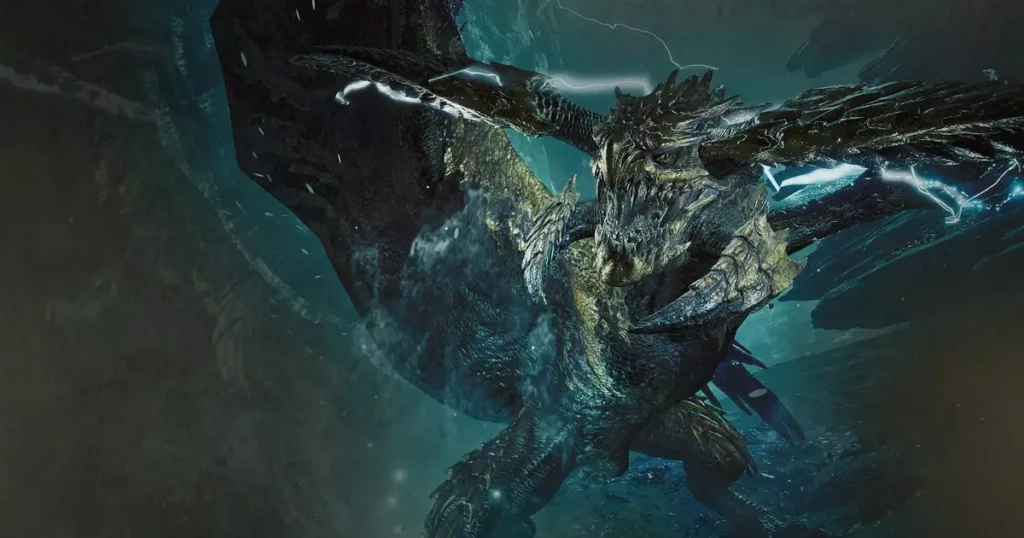In the fast-paced world of online gaming, where every click can be the difference between victory and defeat, the urge to cheat presents a troubling juxtaposition against the ideals of fair play. Cheating isn’t merely a moral failing; it represents a fundamental erosion of the gaming experience itself. Players tricked into thinking that shortcuts can lead to genuine fulfillment soon realize that every moment of deceit diminishes their connection to their peers and the virtual worlds they inhabit. Specifically, in titles like the revered Monster Hunter series, cheating can transform a vibrant cooperative hunt into a hollow experience, devoid of the camaraderie and thrill that define it.
The Price of Shortcuts: Destroying Community Trust
The sense of community in multiplayer gaming environments thrives on mutual respect and shared challenges. When one player resorts to data manipulation in a game like Monster Hunter, it can shatter the fabric of trust that connects players. The desire to rush to the top of a leaderboard or claim immediate rewards can cloud judgment, leading to a culture where true accomplishment is overshadowed by hollow achievements that rile up fair competitors. This sense of entitlement creates a toxic environment, alienating players who dedicate time and effort to mastering gameplay mechanics. The net result? A split that tarnishes the otherwise enriching experience of collaborative gaming.
Capcom’s Stance: A Necessary Eviction from the Digital Playground
Enter Capcom, the guardian of the Monster Hunter series, whose recent pronouncements against unauthorized modifications cannot be overstated. Their swift action in warning players, as echoed through their official communications, underscores a critical commitment to integrity within their gaming milieu. Capcom’s position is reminiscent of public figures taking stances against corruption in esteemed institutions. By enforcing strict guidelines, they not only protect the integrity of their game but also reinforce the values that bind the community together.
Despite the backlash from segments of the player base, many who feel cornered by stringent measures, Capcom is navigating a complicated tightrope. Underneath it all lies a deeper truth: the path to victory is laden with hard work, and shortcuts inevitably undermine both personal growth and collective enjoyment. Cheating creates a ripple effect that diminishes everyone’s experience, leading to an erosion of quality that even the loudest critics of Capcom’s policies may eventually come to recognize.
The Illusion of Success and True Identity in Gaming
As players, we risk falling into the trap of valuing short-lived success over long-term passion for the game. Familiarity with mechanics, strategic planning, and teamwork are what imbue games like Monster Hunter with their fundamental allure. Cheating is not a mere act of dishonesty; it is an existential risk to the very identity and joy inherent in gaming. Those leaderboard rankings, when achieved through deceit, become meaningless. Instead, they diminish the very essence of what it means to be a gamer in a community focused on celebrating genuine accomplishment.
Players often lose sight of their true identities in the pursuit of fast success, giving in to the seductive promise of cheats and hacks. The experience of mastering challenging hunts and basking in shared achievements eclipses everything; victory runs deeper than numbers on a screen. The pride derived from overcoming formidable adversaries through skill and strategy is irreplaceable.
Rekindling the Spirit of Fair Play
In a world increasingly blinded by digital escapism, the rekindling of the spirit of fair play emerges as a beacon of hope for the gaming community. Capcom’s firm approach to integrity advocates for a gaming culture where players appreciate the victories of their peers rather than resenting those who climb the ranks rightfully through grit and determination. This commitment cultivates a healthier ecosystem where collaboration, respect, and accountability coexist.
Players must reclaim their agency in the gaming landscape, emphasizing the journey over the destination. The joy derived from the shared experiences—building friendships through quests, celebrating individual victories, and acknowledging hard-earned achievements—constitutes the true essence of gaming. Each encounter in the wilds goes beyond mere numbers; it represents a story unique to those who engage in it honestly.
Ultimately, Capcom’s stance against cheating is not just a fight against unauthorized modifications; it’s a clarion call for all players to uphold the values that make gaming fundamentally fulfilling. In doing so, they pave the way for a more vibrant, honest community where every victory is cherished, and every moment spent traversing the digital realm becomes a rewarding narrative in its own right.









Leave a Reply